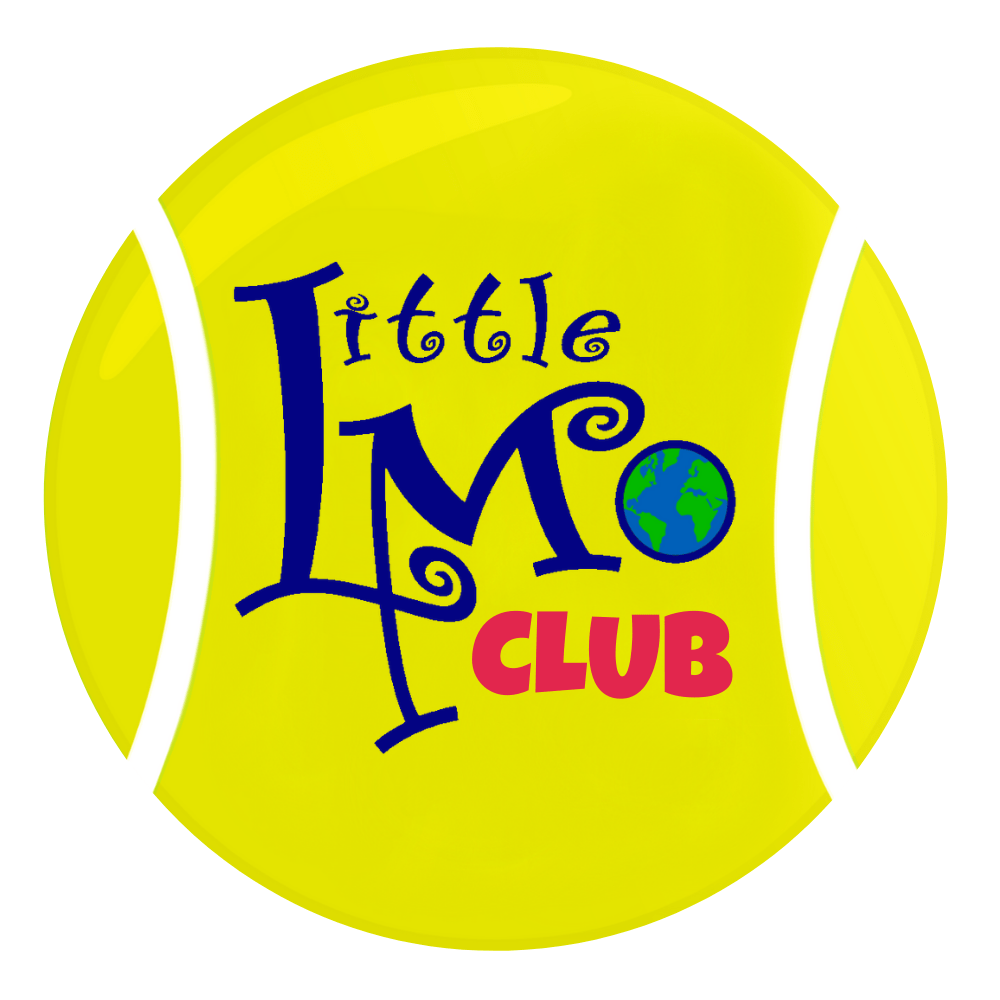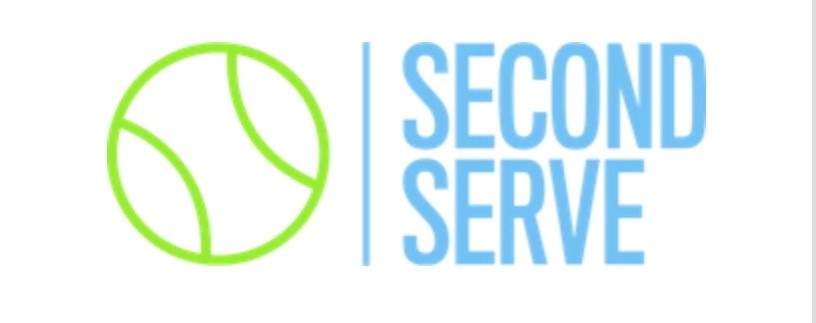Raising Aces: Coach Pete’s Guide to Empowering Tennis Parents (Part 4)

This is the fourth in a series of articles written by Coach Peter Scales exclusively for ParentingAces. We hope you will engage with the articles by leaving your thoughts and/or questions in the Comments below. Be sure to check out our recent podcast with Coach Pete at https://parentingaces.com/articles/raising-aces-ft-peter-scales/. You can find the first article here, the second one here, and the third one here.
Staying In the Game Is Your Child’s Decision
There comes a time for every parent where they have to yield decision-making control, power if you will, to their child on an issue that matters more than the issues you used to deal with. In any family, parents and children have been going through this dance since birth, really. The child totally has all the power as a helpless infant, because you have to do everything to take care of them. But there gradually come more and more times when parents make a decision to stand back a bit and let the child make more decisions, and experience the consequences of those decisions, while still keeping their safety as priority 1, and stepping in to take over as needed. And times of explicit negotiating over a path to take.
Helping your child decide to stay in the game as it gets harder and harder is a whole class of moments like that, where you have to make decisions about whether it’s you or your child who has the greater influence on the decision.
It can become most profound for juniors succeeding at a strong state, regional, or national level, even in middle school, and especially in high school. What tournaments to play? Which coaches to try, keep, or let go of? How to balance tennis training and the rest of your child’s activities and life? How important is the winning?
One key turning point, that can be a critical decision point, is when a promising junior seems to have hit a wall or plateau. Losing to lower UTR players, having leads and blowing them, mental-emotional game issues undercutting clear physical, technical, strategic, and tactical skills that are at a way higher level.
When that happens—and it will at some point, for absolutely every athlete—the basic question a player needs to ask themselves is, why am I playing? How in love with the game am I really, as opposed to I love it when I win (who doesn’t?!) but am simply miserable when I lose, or miserable even when I win but not as big as I was “supposed to?”
As your child moves up the state, regional, or national tournament tennis ladder, unless they are an absurd prodigy, they are going to be increasingly confronted with losing and winning ugly. They are going to have to decide why THEY want to keep doing this. It can’t be for you. It can’t be for their friends. It can’t be for their coach.
There is simply no way to endure and persist through the suffering that is an integral part of being a tennis player, especially at a high level, unless you are committed in your deepest heart to ALL of it – good, bad, and ugly – because you just love being out there so much. It is so much an essential part of your identity—the playing, whether you win or lose. If you don’t have that, feel that, then the whole thing will eat you up. That’s the decision your child has to make at some point in their tennis journey.
You as a parent cannot make this decision for your child. You cannot protect them from having to make this decision. I’m working with a high-level junior and their family on this very thing. Loving family. And it’s painful for everyone. I tell my student that every few months they need to look deep into their soul and decide if this is still the path they want to be on. Because it only gets harder as you move up. The pressure, the nerves, they don’t get less! And we don’t try to get rid of nerves and pressure, the lizard brain as I’ve called it—they’re good to feel, to a point. We try to manage them more effectively, and just put the lizard brain back in the passenger seat instead of driving our tennis bus!
But they have to decide, and their parents have to be willing to let them decide, if they really do want to accept all this as an inevitable part of choosing to be a high-level competitive athlete. It is a sacrifice of other things you won’t have as much time for, yes. There will be loss as well as gain in this tough decision. That’s why it’s hard.
I tell them, there is no shame in saying, you know what, this isn’t for me. Or at least not right now. Then I say, take some time off from tournament tennis and see how much you miss it. If you truly miss it, deeply, you’ll come back with a more effective perspective on it all.
A lot of players, at this kind of inflection point, are subconsciously not giving it absolutely everything they have. Their mental issues or meltdowns work as excuses instead. Mostly, this is not a conscious process, and it happens to all of us.
So we don’t give it really our all because it’s really risky to give it absolutely everything we have, to totally commit. When we give it absolutely everything without excuses or meltdowns and we still lose, even with our best tennis selves out there, it puts us face to face with the reality that hey maybe I won’t realize my tennis dream, whatever it is, maybe I’m not ever going to be good enough.
As a coach and psychologist I think a lot of people don’t truly give it everything they have because it’s so risky in that way, to realize even your best might not be good enough.
That is the hump we’re trying to help our players get over, the ability to risk giving it everything and being able to handle it mentally and emotionally if you lose even when giving it absolutely everything you have.
The champion mindset is just this:
Being ok with who you are as you try, and sometimes fail, to be better at the game. Giving it your all with no excuses and accepting and learning from it when someone else was better than you, that day, with no loss of your self-esteem because you lost, only an even stronger commitment to get better.
The only way to find your way through all of that, for your child to find their way, is for their love of the game to be so deep that they can endure all of it, because they want to win, of course, but they HAVE to PLAY, for their soul and their deepest identity.
Your love of the game has to be greater than your desire for the trophy, even though that desire does also have to be strong.
When you reach that awareness about yourself, that the playing and uncertainty of how a match unfolds, the jazz, not the outcome, IS the fun, then you will be free to play at whatever level is the highest level you’re going to play at.
Coaches and parents can’t make that decision, that commitment, for a player. Your child has to make that commitment for themselves. The artistry for you as a parent is figuring out when and how to let them.
_________________
Coach Pete Scales, Ph.D., USPTA, is a developmental psychologist, internationally known scholar of positive youth development, Senior Fellow for the research nonprofit, Search Institute, and creator of the acclaimed Compete-Learn-Honor® approach to coaching and player development. He is a U.S. Professional Tennis Association-certified tennis teaching pro, long-time JV tennis coach for boys and girls at Parkway South High School in Manchester, Missouri, mental game advisor to college tennis teams, regular mental game columnist for Racquet Sports Industry Magazine and the National Alliance for Youth Sports, and conference and podcast speaker for the USTA Foundation, USTA’s Compete Like A Champion, and many others. Coach Pete’s latest book—The Compete-Learn-Honor™ Playbook: Simple Steps to Take Your Mental & Emotional Tennis & Pickleball Game to a New Level (Coaches Choice) has been called a “masterclass in the mental side” of the game and is available on Amazon at https://www.amazon.com/Compete-Learn-HonorTM-Playbook-Peter-C-Scales/dp/1606795724. See www.competelearnhonor.com for more.
 Top Questions to Ask When Choosing a Coach for Your Child ft. Brian Wilson & John Nallon
Top Questions to Ask When Choosing a Coach for Your Child ft. Brian Wilson & John Nallon 












Comments are currently disabled for this post